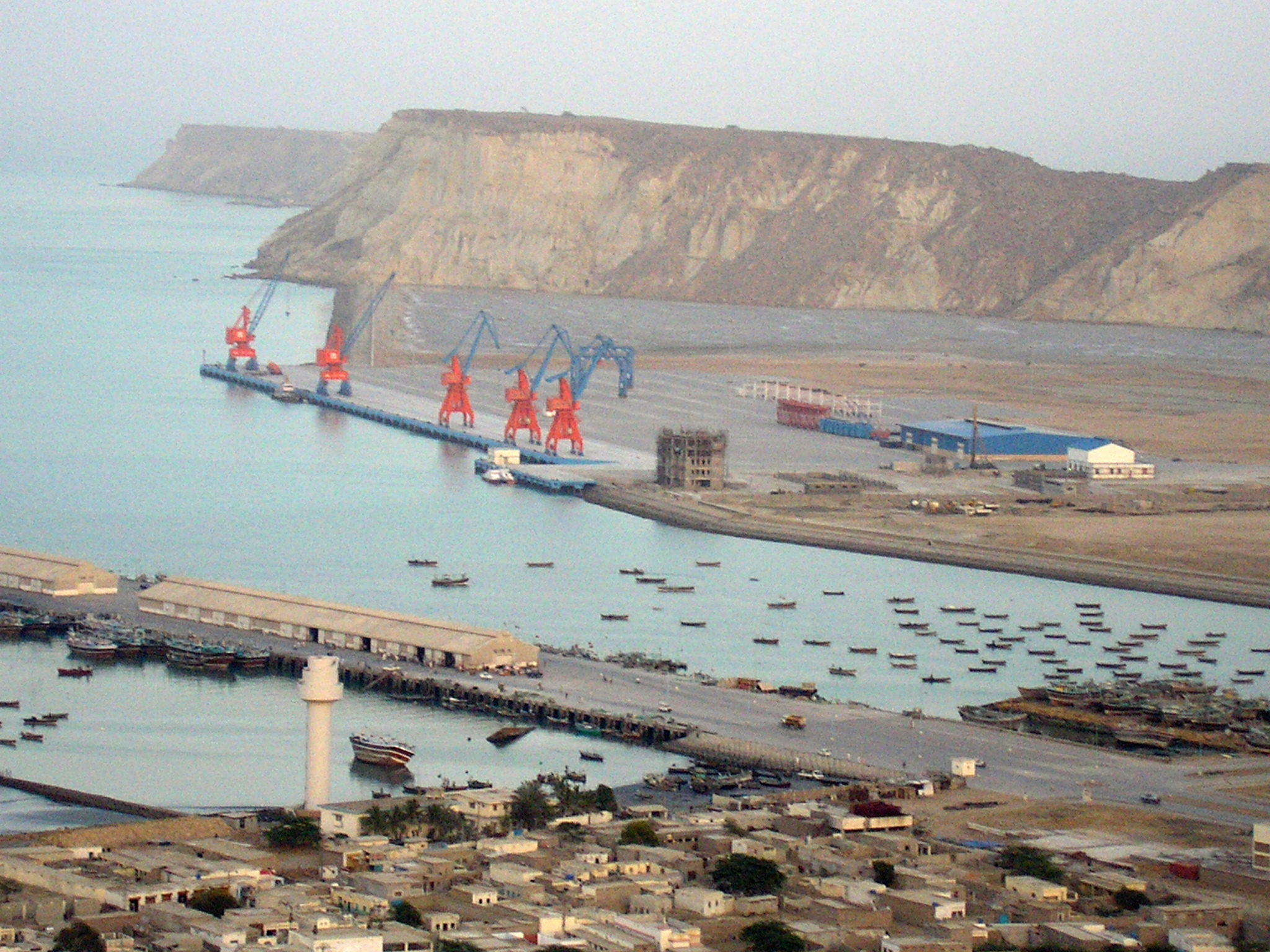
- 26 Feb 2020
[POSTPONED] East–West Asia Energy Relations: Geopolitical Implications of Strategic Co-operation
Singapore has raised its risk assessment under the Disease Outbreak Response System (DORSCON) from Yellow to Orange on 7 February.
Under DORSCON Orange, the Ministry of Health (MOH) has advised all event organisers to cancel or defer non-essential large-scale events. In view of the MOH advisory, we will be postponing all our public events for February and March until further notice.
We will update our events pages with the rescheduled dates once the coronavirus situation stabilises. Thank you.
Abstract
Globally, one of the main targets for both energy suppliers and energy consumers (importer countries) is to achieve energy security, which means to preserve regular energy supplies without disruptions.
We can observe that Middle Eastern and Asian countries are interdependent on one another for energy security. Middle Eastern oil and gas suppliers (mainly Saudi Arabia, United Arab Emirates and Qatar) are key partners and exporters to countries such as China, Japan and South Korea, which have growing energy demands. This strategic energy co-operation is implemented through maritime corridors, such as the Strait of Hormuz and Strait of Malacca. Consequently, the security of these sea lines of communications and the need to find alternative energy routes to bypass these choke points have become the main tasks of both importer and exporter countries seeking to avoid potential interruptions to the energy supply.
The aim of this presentation is to analyse the strategic relevance of the East–West Asia energy relations and the challenges that affect this energy partnership. We will look at a combination of different geopolitical issues, such as the recent tensions in Middle East and the vulnerability of the energy choke points; the success of the shale gas revolution in the United States, which has reduced Middle Eastern hydrocarbon exports to the West; and the difficulty in diversifying the energy routes of import and export. Furthermore, given Asean countries’ position along these maritime energy corridors, they can also play a significant role in enhancing global energy security.
About the Speakers

Analyst
Central Asia Energy and Security
Nato Defense College Foundation (Rome)
Dr Fabio Indeo holds a PhD in geopolitics. He is currently an analyst on central Asia energy and security at the Nato Defense College Foundation (Rome) and a non-resident researcher at Center for Energy Governance and Security (EGS) of Hanyang University (South Korea).
In 2019, Dr Indeo worked as analyst for the Asean–Pacific region at the Strategic Observatory of the Italian Military Center for Strategic Studies.
Since 2013, he has been an invited lecturer on energy security in the Middle East and North African region for the Nato regional co-operation course at the Nato Defense College in Rome, where the distinguished audience comprised of military officers and government officials from Nato’s Mediterranean Dialogue and from the Istanbul Cooperation Initiative, along with some Nato officials.
He focuses his research on energy security and geopolitics, including analysing national and international energy scenarios; energy security and diversification strategies; and geopolitics of pipelines, choke points and maritime transport routes
Dr Indeo has been invited to several international conferences and lectures presenting his research on energy and geopolitical fields.
He has published several articles on energy issues. The most recent are “China’s race to global technology leadership” in A Green China. Impacts on regional and global energy security, edited by A Amighini, Milan: ISPI, 2019, and “Asean–EU energy co-operation: sharing best practices to implement renewable energy sources in regional energy grids” in Global Energy Interconnections (2019).
Event Details
29 Heng Mui Keng Terrace
Singapore 119620




